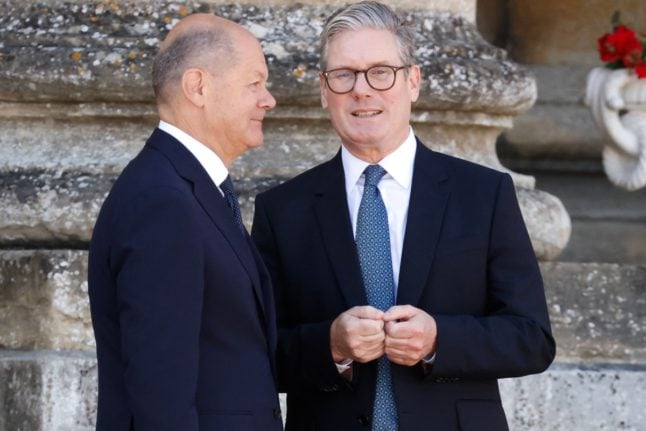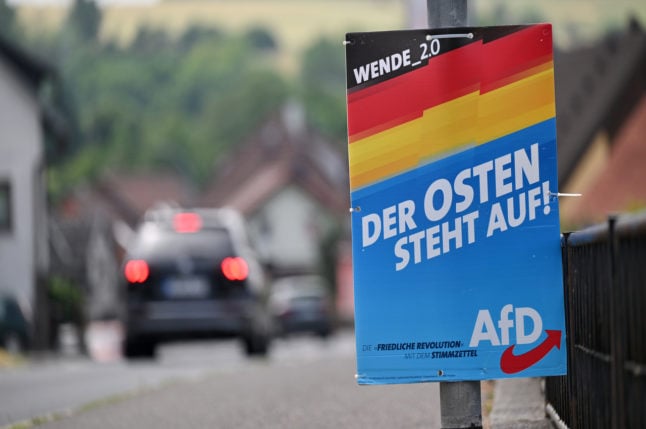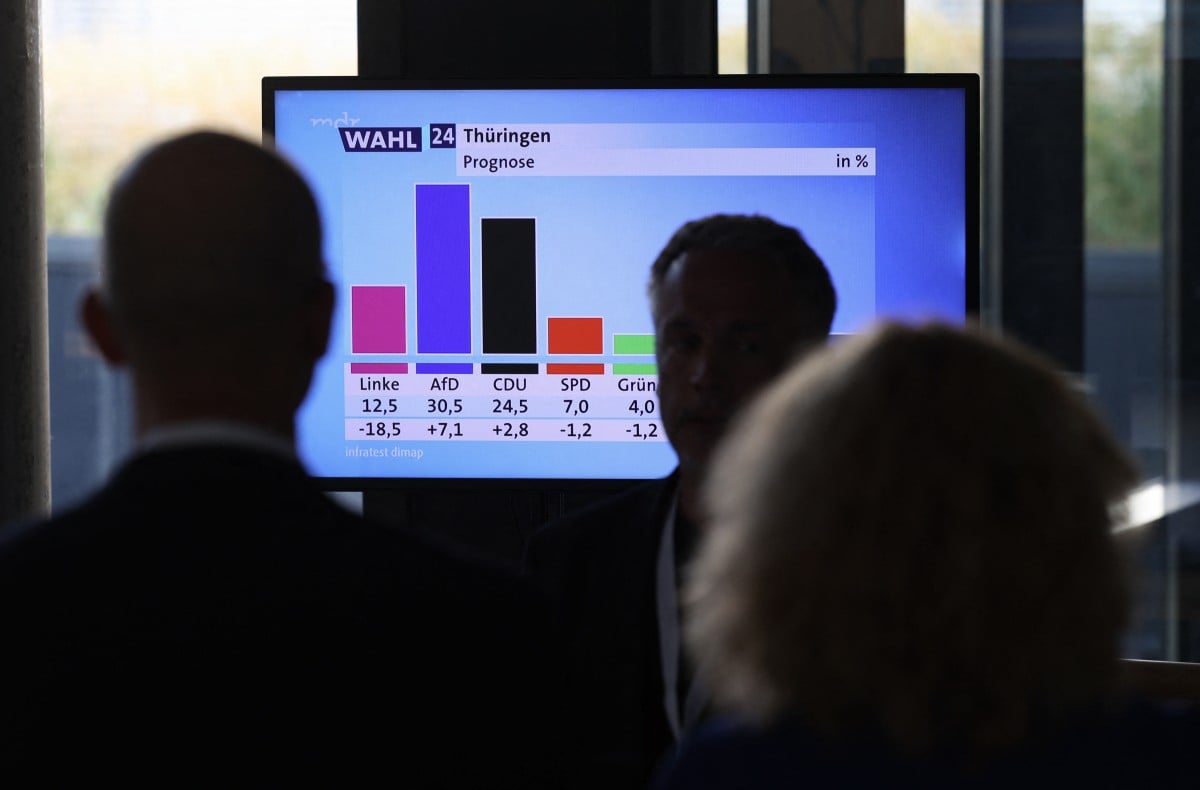Starmer will be welcomed to the German capital with military honours on Wednesday, government spokesman Steffen Hebestreit said in a statement.
The UK Prime Minister and Scholz will hold talks focusing on “bilateral and foreign policy topics as well as European and economic policy issues”, Hebestreit said.
Starmer, whose Labour Party won a landslide election victory in Britain in July, has vowed to rebuild trust with European allies, damaged by Brexit.
At a European Political Community (EPC) summit in England two weeks after his election win, Starmer told European leaders the UK would be a “friend and partner” to them.
“We want to work with all of you to reset relationships, rediscover our common interest and renew the bonds of trust and friendship that brighten the fabric of European life,” he said.
Starmer, 61, a former human rights lawyer and chief state prosecutor, supported Britain remaining in the EU during the 2016 Brexit referendum and was once Labour’s Brexit spokesman.
READ ALSO: Budget drama and what Germans think about UK election
He has ruled out rejoining the European single market, customs union or freedom of movement — to avoid reopening what remains a thorny issue among British politicians and the public alike.
But he does want to negotiate a new security pact with the bloc and a veterinary agreement to ease border checks on agricultural foods, as well as an improved trading deal.
Other topics of discussion on Wednesday will likely include tackling illegal migration and military support for Ukraine, with both countries under pressure over their aid for Kyiv.
Britain’s Foreign Secretary David Lammy chose Germany for his first trip abroad just two days after Labour’s election victory, calling for a “reset” in relations with European allies.
Defence Secretary John Healey has also visited Berlin, signing a joint declaration with German counterpart Boris Pistorius in late July that was hailed as the first of its kind between the NATO allies.
READ ALSO: New UK Foreign Minister in Germany for first trip abroad




 Please whitelist us to continue reading.
Please whitelist us to continue reading.
Member comments